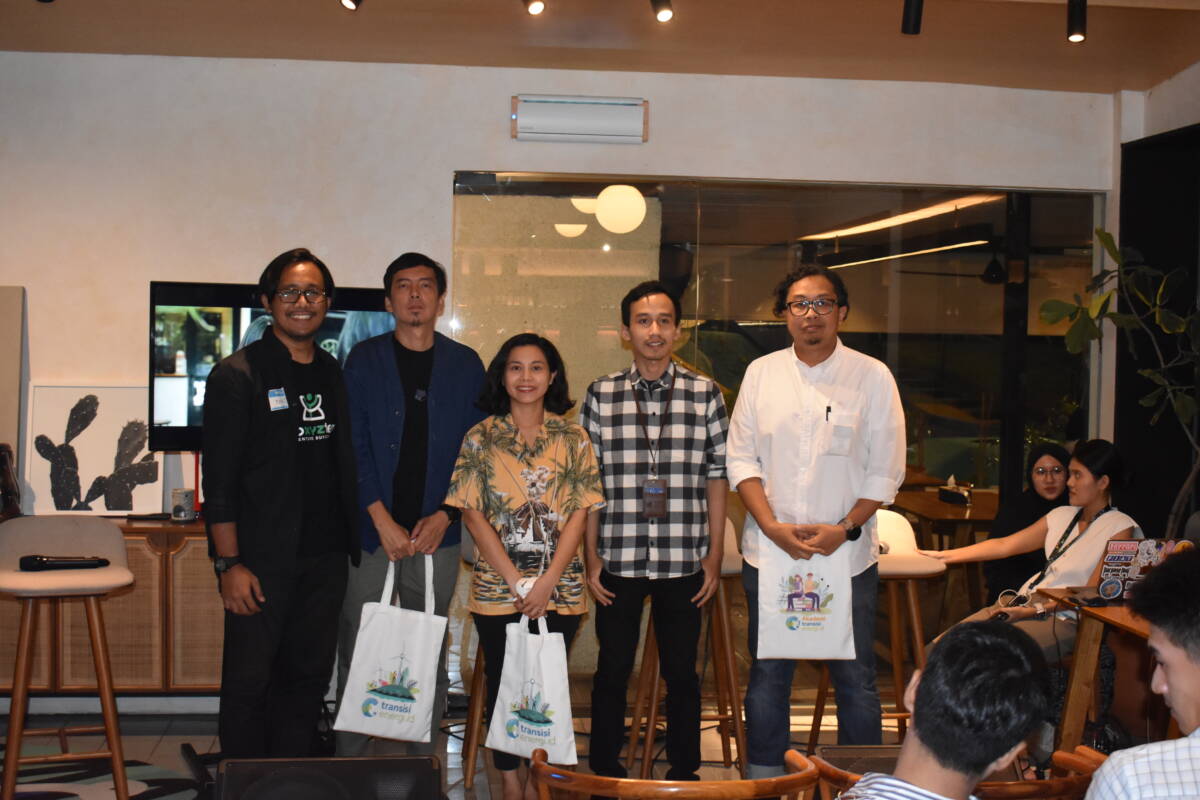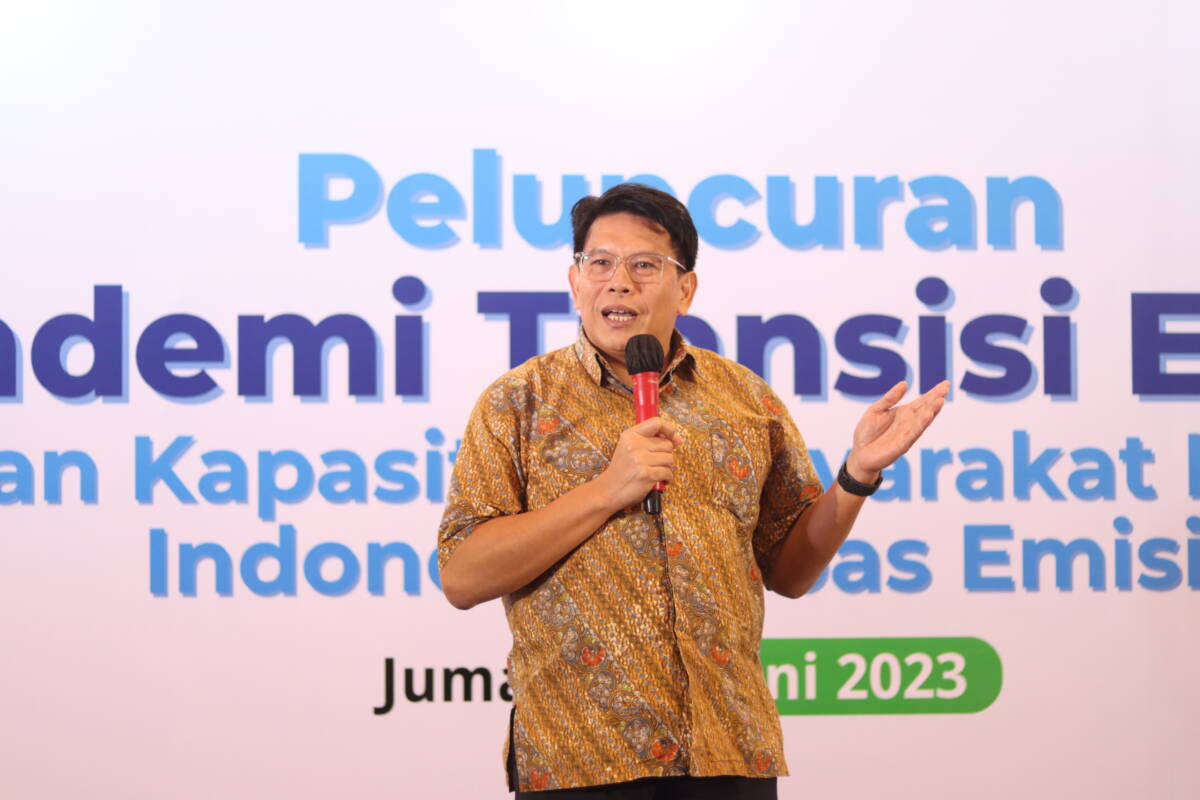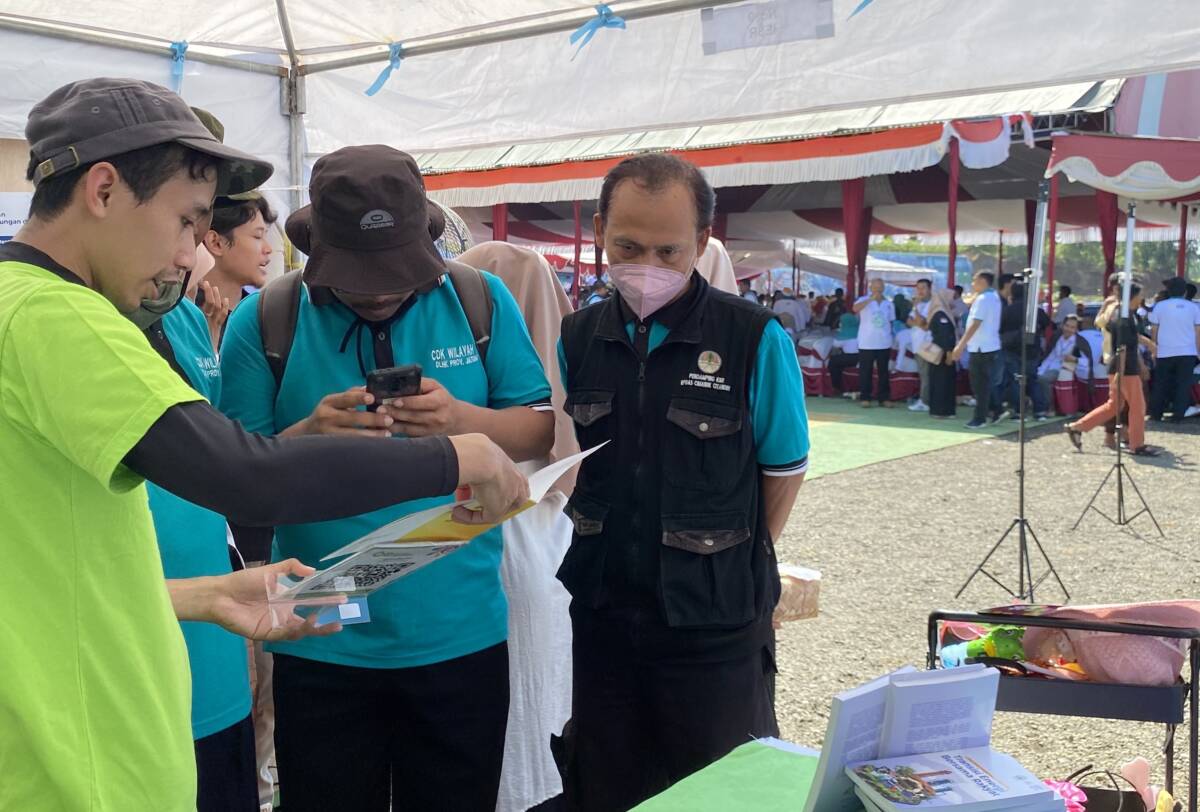Jakarta, September 27, 2023 - There has been a growing focus on environmental problems, with one of the most pressing issues being waste management. Based on data from the Ministry of Environment and Forestry (KLHK), the national waste stock reached 21.1 million tons in 2022. Of the total national waste production, 65.71% (13.9 million tons)…



